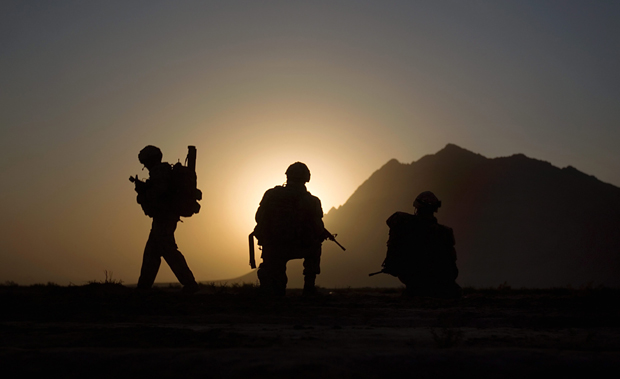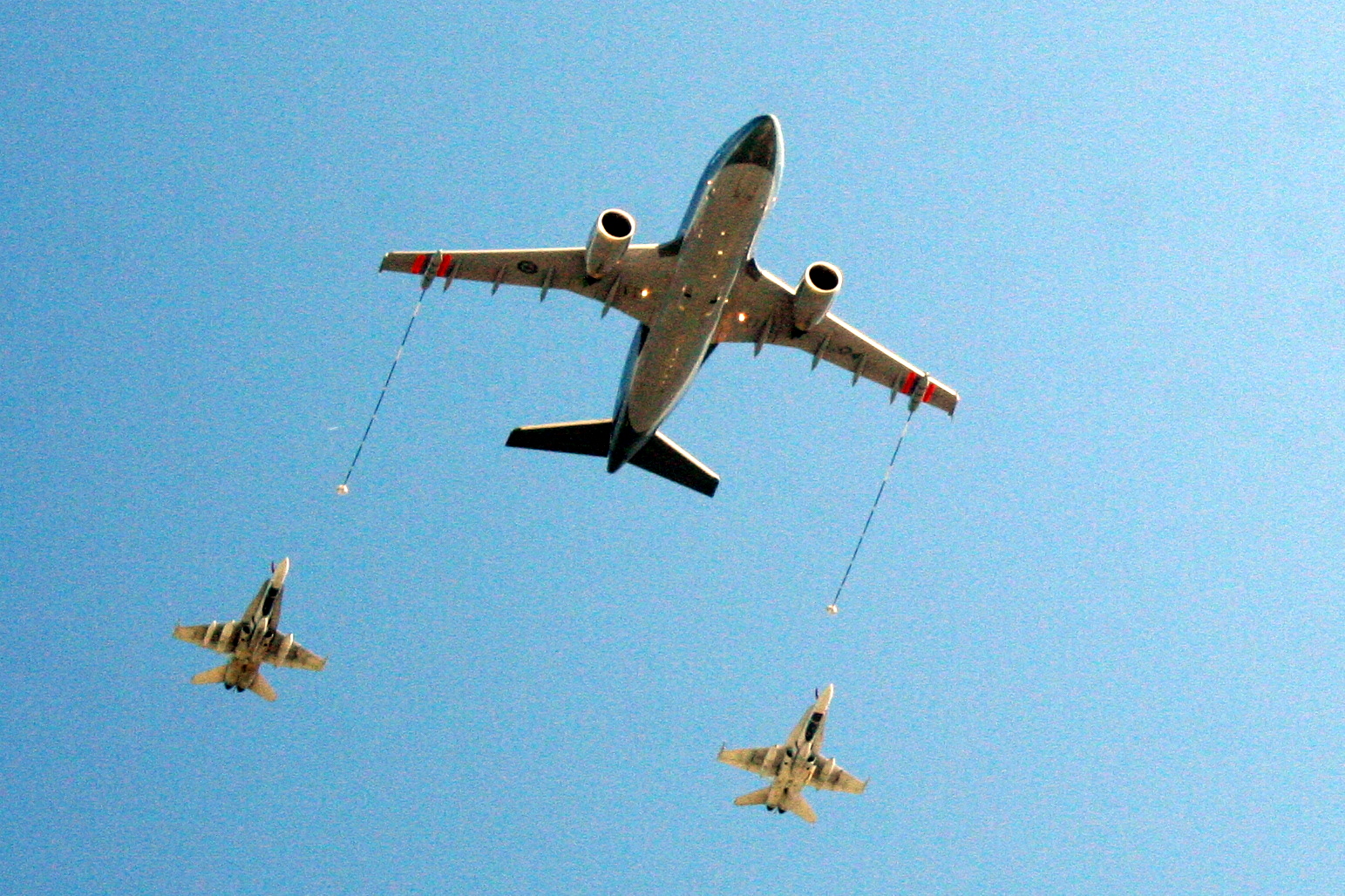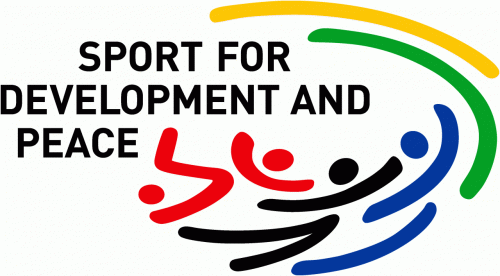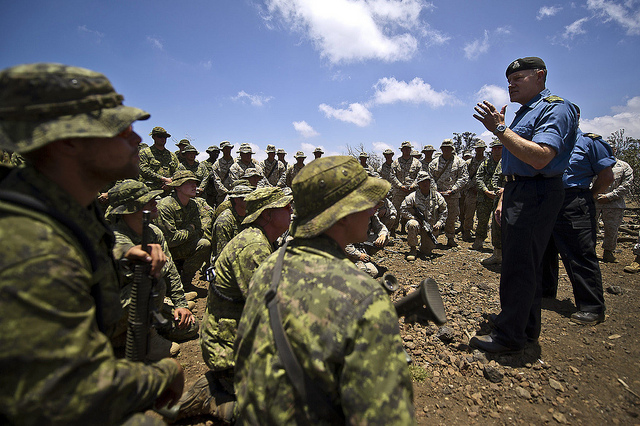In November 1994, Canadians were shocked as the publication ban on 16 photographs of the killing of Shidane Arone by members of the Canadian Forces was lifted. The Canadian Forces personnel were serving in Somalia for humanitarian purposes. For many Canadians, the Somalia Affair shattered the longstanding image of Canada as a benevolent international citizen. The grisly photographs prompted a highly publicized inquiry, the final report of which vehemently criticised the structures and leadership of both the Canadian Forces and the Ministry of Defence.
The Somalia Affair and the ensuing public outrage and shame are pieces of a larger puzzle: Canada’s dichotomous military and peacekeeping history. Former Canadian Prime Minister Lester B. Pearson is touted as the “father” of modern peacekeeping as a result of his efforts to establish a United Nations force to defuse the Suez Crisis in 1956. Pearson’s role in the Crisis lent credibility to Canada as a capable actor in world affairs. In the decades that followed, Canada came to be perceived by many around the world, most of all Canadians themselves, as an important contributor to upholding peace and human rights in the world.
Canada contributed troops and observers to the United Nations peacekeeping mission to Croatia in 1995-96, and to other missions in Haiti and East Timor. Canada is well-known for its contributions to 1994 peacekeeping efforts in Rwanda, where Canadian Lt. General Romeo Dallaire served as Commander of the United Nations Assistance Mission for Rwanda (UNAMIR). Now a member of the Canadian Senate, Dallaire has spoken at length about the failure of the mission to prevent genocide.
In the past decade or more, however, the number of Canadian peacekeepers has dwindled; as of 2006, Canada was ranked 51st among contributors to UN peacekeeping forces. Further, while former Prime Minister Jean Chretien opted not to officially contribute Canadian troops to the 2003 invasion of Iraq by the United States, Canada was indeed complicit in the war. Canadian vessels transported American soldiers in the region, and the government allegedly offered its clandestine support.
Despite these facts and the memory of the Somalia Affair, many Canadians cling to the myth that Canada is a prominent, benevolent international citizen. Canada remains an attractive destination for immigrants, and we Canadians still consider ourselves more peaceful than our powerful southern neighbour. In a similar vein, while we pay due respect to our veterans for their military service, we tend to minimize other violent events in our domestic social and military history, notably the forceful internment of Japanese Canadians during the Second World War and the treatment of Aboriginals in residential schools. Now, among other domestic social issues, staggeringly high rates of suicide, crime and violence against women in Northern Canada remain serious issues that fly under the radar while ostensibly more pressing policy concerns take precedence in Ottawa.
In March 2012, the United Nations special rapporteur on food criticized food security in Canada, particularly among Aboriginal Canadians. The official also pointed to rising food bank use as a “symptom of failing social safety nets.” Canada has also been the subject of international criticism for its downscaling of international activities, and the government’s confusion and downscaling of development activities in Africa has been cited as a potential reason behind the country’s failed bid for a seat on the UN Security Council in 2010.
I do not deny the importance of Pearson’s role in establishing the first UN peacekeeping force in 1956, nor do I seek to disparage or undermine other Canadian contributions to peacekeeping efforts in the late 20th century. However, Canadians’ persistent belief in Pearsonian peacekeeping and our self-perception of international benevolence have distorted violent events in our past. These impressions also fail to acknowledge that Canada’s role on the international stage is faltering of late. The government’s uncertain policies towards Africa tell a story of confused diplomacy, backtracking on commitments to aid, and missed economic opportunities.
It is time for Canadians to wake up to a Canada that has a tarnished human rights record both at home and abroad, as well as a long military history beginning with our colonial roots. Canadians are often cast as confused about our national identity; though we know our culture, political and otherwise, differs from that of the United States, who are we really? To understand Canada as it exists today, we must recall the violent aspects of the country’s past and set aside our image of a solely benevolent actor in world affairs.




